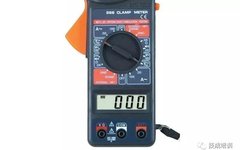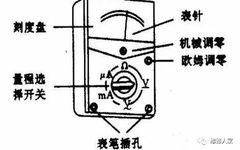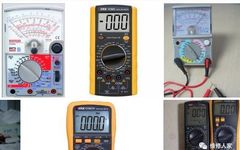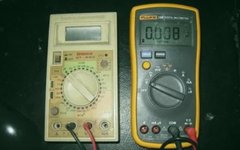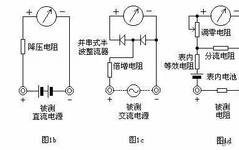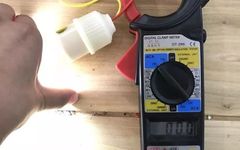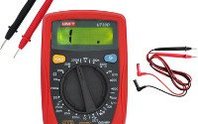Four Essential Uses of a Multimeter: Preparation and Settings
Click on “Technical Training” above, and select “Top Official Account“ 160,000+ industrial control professionals follow our WeChat platform: technical sharing, learning exchanges, industrial control videos A multimeter is an essential troubleshooting tool for electrical maintenance personnel. The phrase “one person, one pen, one meter” vividly illustrates the basic requirements for electrical workers: electrician + test … Read more

